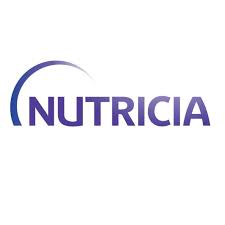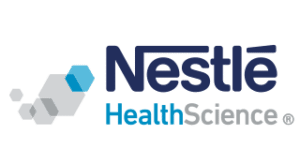Opinions differ about whether Hippocrates really once said, “Let food be thy medicine and medicine be thy food…”, and what that means. The quote is however a reminder of an uncomfortable truth as we mark World Cancer Day (4th February).
Hrishikesh Kulkarni, MNI Public Affairs Expert
On this awareness-raising day, dedicated to encouraging prevention, detection, and treatment, it’s alarming in these modern days, some patients with cancer, will succumb from the consequences of malnutrition rather than directly to cancer. The journey from diagnosis to treatment subjects individuals to a relentless assault on their body’s well-being, with malnutrition lurking at every turn. In clinical practice malnutrition is too frequently allowed to go unrecognized and untreated.
Cancer in its nature doesn’t just attack cells; it undermines the body’s ability to stay nourished. Anorexia, a common symptom of malnutrition, that often accompanies the disease, coupled with nausea and vomiting, leaves patients grappling with a diminished intake. The side effects of cancer treatment, a necessary evil in the fight against cancer, further exacerbate the challenge of maintaining adequate nutrition.
The relative neglect of nutritional screening, assessment, and management in clinical practice is disheartening. This oversight is a critical gap that we must bridge to ensure a comprehensive and effective approach to holistic cancer care.
There’s hope, and it lies in the power of medical nutrition. Documented benefits showcase how medical nutrition can mitigate the adverse effects of cancer treatment and significantly improve outcomes and overallsurvival. A well-nourished body is better equipped to withstand the hardships of cancer therapy, promoting recovery, and enhancing the overall quality of life for patients.
It’s heartwarming to see a shift in perspective within healthcare communities and cancer research societies. The importance of nutrition management in cancer care is gaining recognition, with various organisations increasingly emphasising its pivotal role.
The European Parliament’s BECA Committee report in 2022, specifically in its paragraph 113, underscored this imperative. The fact that MNI worked with healthcare providers, policy makers, patients representatives and politicians towards the inclusion of this paragraph is a significant stride towards integrating nutritional support seamlessly into cancer care protocols. We are thrilled that this collaboration has borne fruit, acknowledging the importance of nutrition at the policy level.
As we unite on World Cancer Day, let’s champion the cause of medical nutrition. Let’s not only wish strength and resilience to those battling cancer but also commit to a more holistic approach that recognises the importance of nourishing the body alongside treating the disease. In doing so, we honor the countless individuals who have faced or are facing this ordeal, and we stand as advocates for a future where the preventable consequences of malnutrition no longer overshadow the fight against cancer.
This year’s World Cancer Day theme, “close the care gap,” invites us to reflect on current disparities in access to medical nutrition in Europe. We must strive to foster sustained equal access to this vital aspect of cancer care. As we navigate upcoming opportunities, including EU elections and the formation of a new Parliament, let’s reiterate the need to keep cancer and inequalities in access to care as central priorities for the next legislative term.
On this World Cancer Day, let’s harness the power of nutrition to fuel the journey towards healing, hope, and a brighter, healthier future for all.
- this piece was first published as a “Food for Thoughts” on MNI LinkedIn profile, on 4th February 2024







